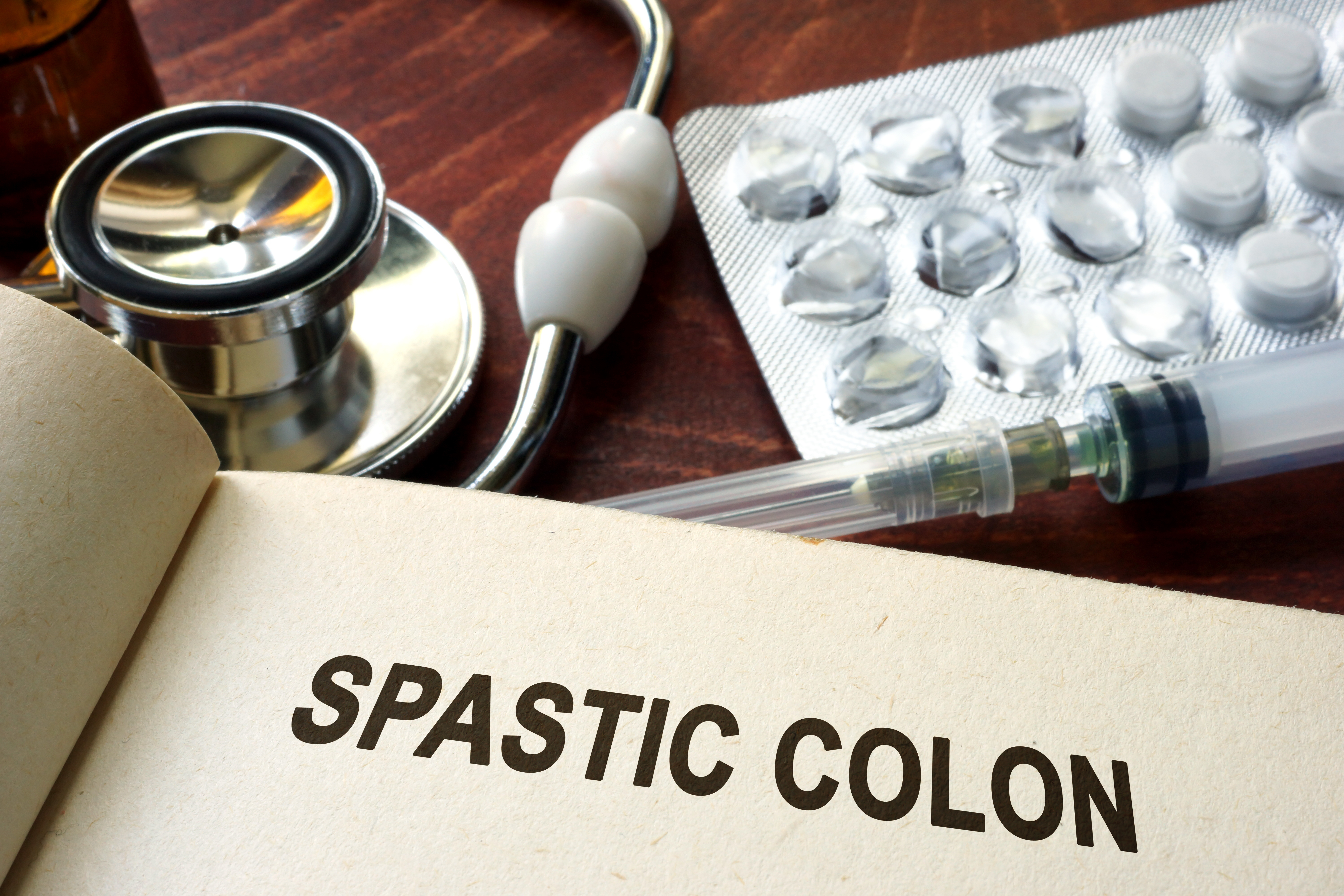Spastic colon is an old term that is used to describe irritable bowel syndrome (IBS). This is a common disorder of the large intestine. It is a chronic condition that can last for three months. The treatment will depend on the severity of the condition. This condition is not associated with other bowel conditions.
The intestine can be damaged with this condition. However, it is rare to happen. IBS can’t do anything to increase the risk of gastrointestinal cancers, but this condition can affect your daily routine.


